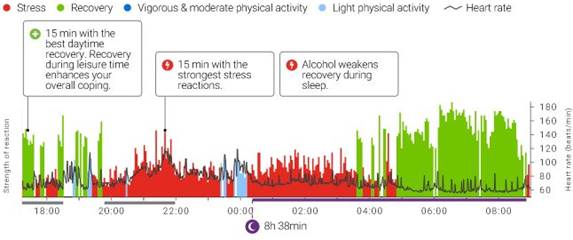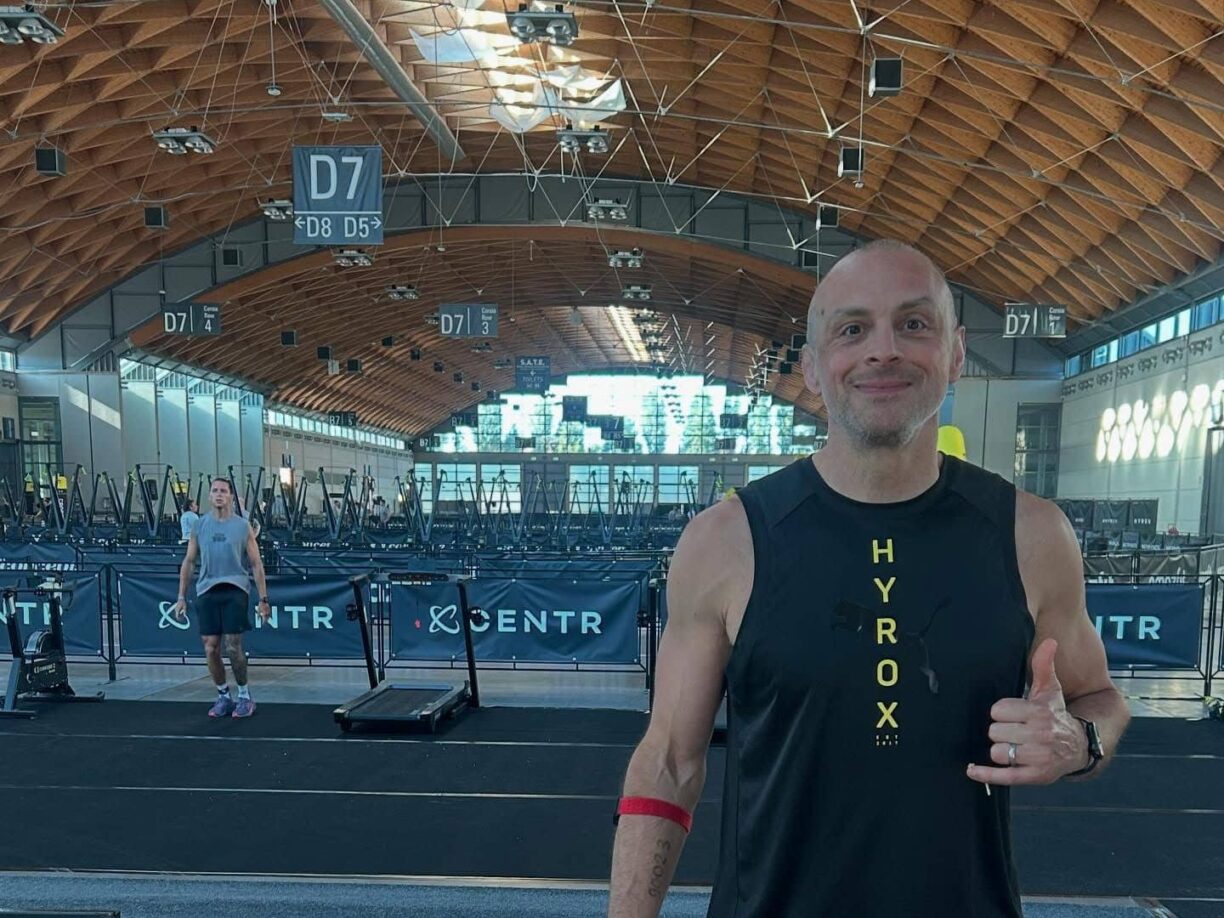We all know that hitting the gym or grinding through a tough workout can feel like the ultimate stress-buster.
The endorphin rush, the sense of accomplishment—it’s almost magical. But what if your workout is doing more harm than good?
Yep, sometimes pushing too hard might actually be increasing your stress, hurting your recovery, and messing with your overall well-being.
According to the experts over at Firstbeat, a leading name in performance analytics, there are times when giving your body a break is exactly what you need.
Exercise physiologist Tiina Hoffman, who’s also a Master Trainer for Firstbeat, breaks it down:
“Heavy exercise taxes the body, with very intense exercise causing cortisol (the stress hormone) levels to rise significantly, studies show.” Hoffman explains.
“The heart will also be beating fast, blood pressure elevated, and rapid breathing can strain the cardiovascular system.
Under normal conditions, with proper sleep, hydration, and nutrition, this is fine for most people. But there are times when this can negatively impact individual well-being.”
So, when should you consider easing off the gas pedal?
1. After a Stressful Day
If you’ve had one of those days where life feels like a pressure cooker, diving into a heavy workout could backfire. Intense exercise will ramp up your heart rate and cortisol levels, which are already through the roof.
Long-term elevated cortisol isn’t just a buzzkill; it’s a health risk. Think about lowered immune function, increased blood pressure, weight gain, and even heart disease.
And that’s not all—working out hard late at night can disrupt your ability to wind down, meaning your body won’t shift into recovery mode as easily.
Instead, on stressful days, opt for something like a light walk or some stretching. It’ll help you chill out and set the stage for better sleep.
2. When You’re Hungover (or About to Drink)
Let’s be honest: after a night of drinking, your body’s already fighting an uphill battle. Sleep is disrupted, and even one unit of alcohol in your system at bedtime can delay restorative sleep by an hour.
Nigel Stockill, Performance Director at Firstbeat, notes, “Just two large glasses of wine can throw off your recovery for the entire night.”
In short, skip the intense gym session after a big night out. Your body’s already dealing with flushing out the alcohol, so why add more stress to the mix?
3. After a Poor Night’s Sleep

If you didn’t catch those Z’s, don’t be surprised if your body’s not ready for action. Sleep is critical for recovery, and if you’re running on empty, a hardcore workout can do more damage than good.
Instead, focus on dialling in your pre-bed routine and aim to hit the gym after you’ve had a solid night’s rest.
If you must train, lower the intensity and prioritize sleep the following night. Your body will thank you later.
4. When You’ve Been Training Hard for Days
Back-to-back heavy sessions can wear down your Central Nervous System (CNS), leaving you feeling drained.
Sure, it’s tempting to stick to the plan—leg day, anyone?—but sometimes, pushing through isn’t the smartest choice. If you’re feeling fatigued, sore, or just not 100%, it’s okay to listen to your body and take it easy.
The takeaway? Balance is key. You don’t have to go all out every time, and knowing when to back off can make a world of difference in your overall fitness.
Final Thoughts
Firstbeat’s experts work with athletes around the globe, helping them maintain peak performance.
Their Lifestyle Assessment offers a deep dive into how your body handles stress and recovery, giving you insights into when it’s time to push and when it’s best to rest.
So next time you’re contemplating whether to crush your workout or hit the pause button, remember: sometimes less really is more.





